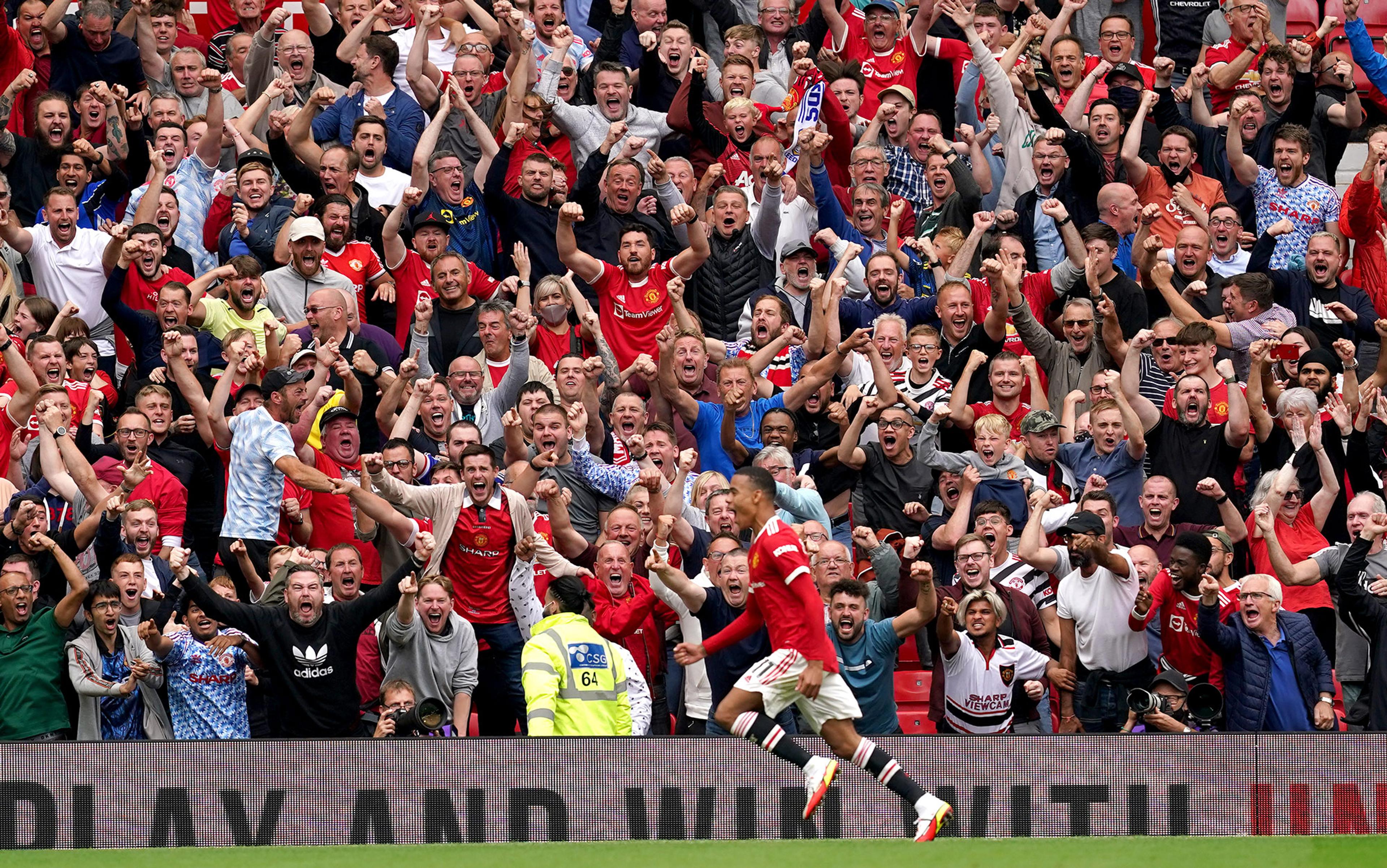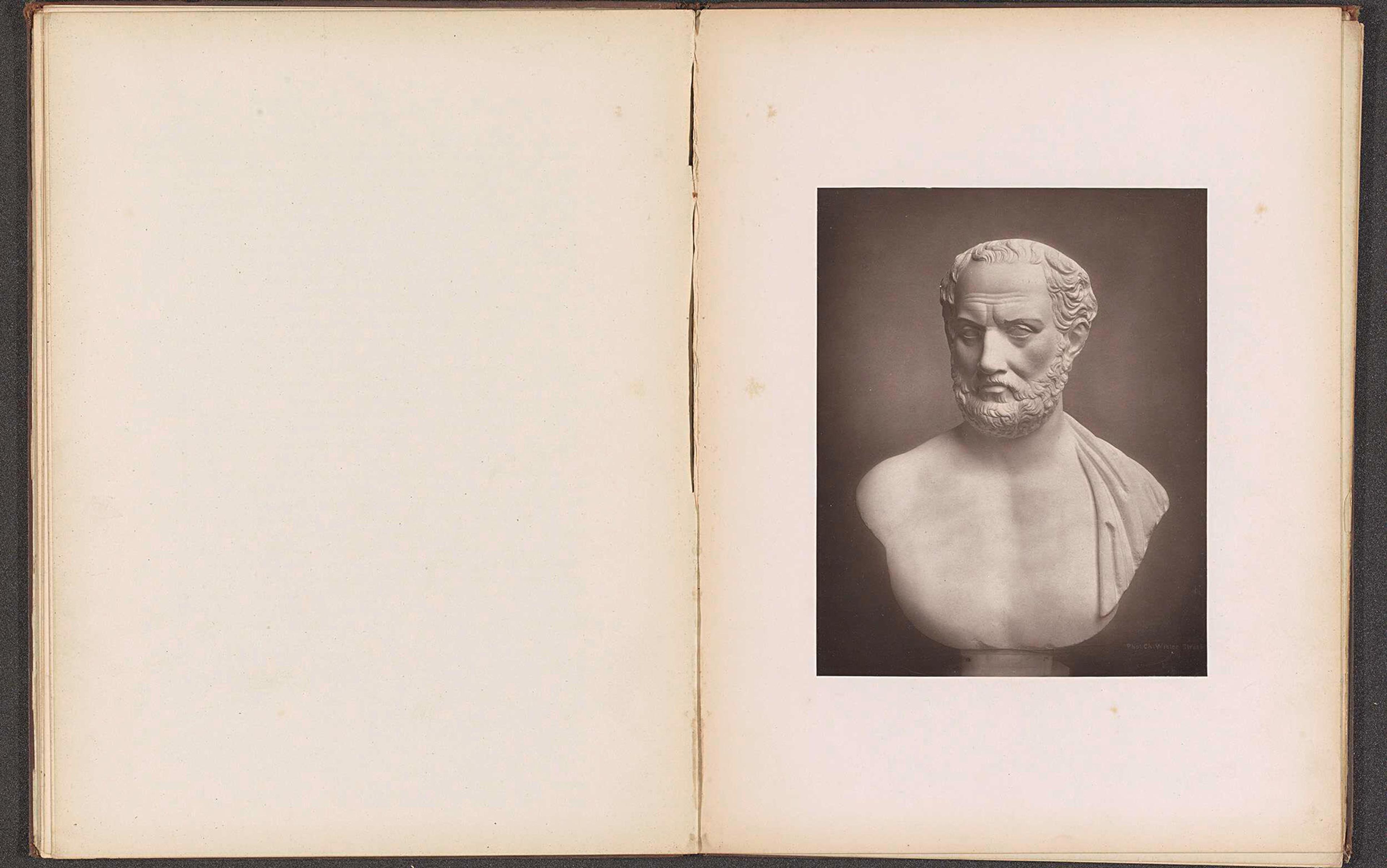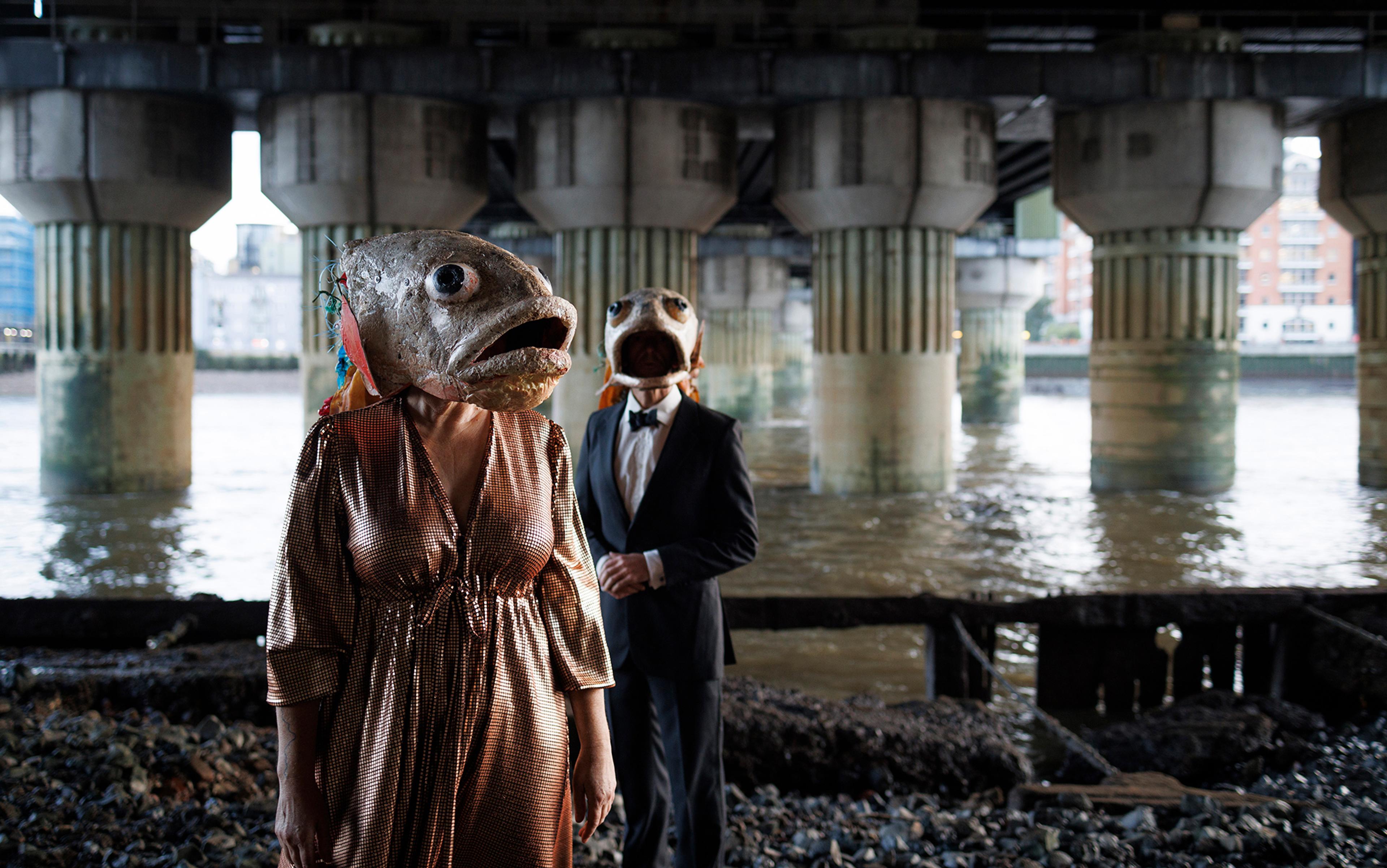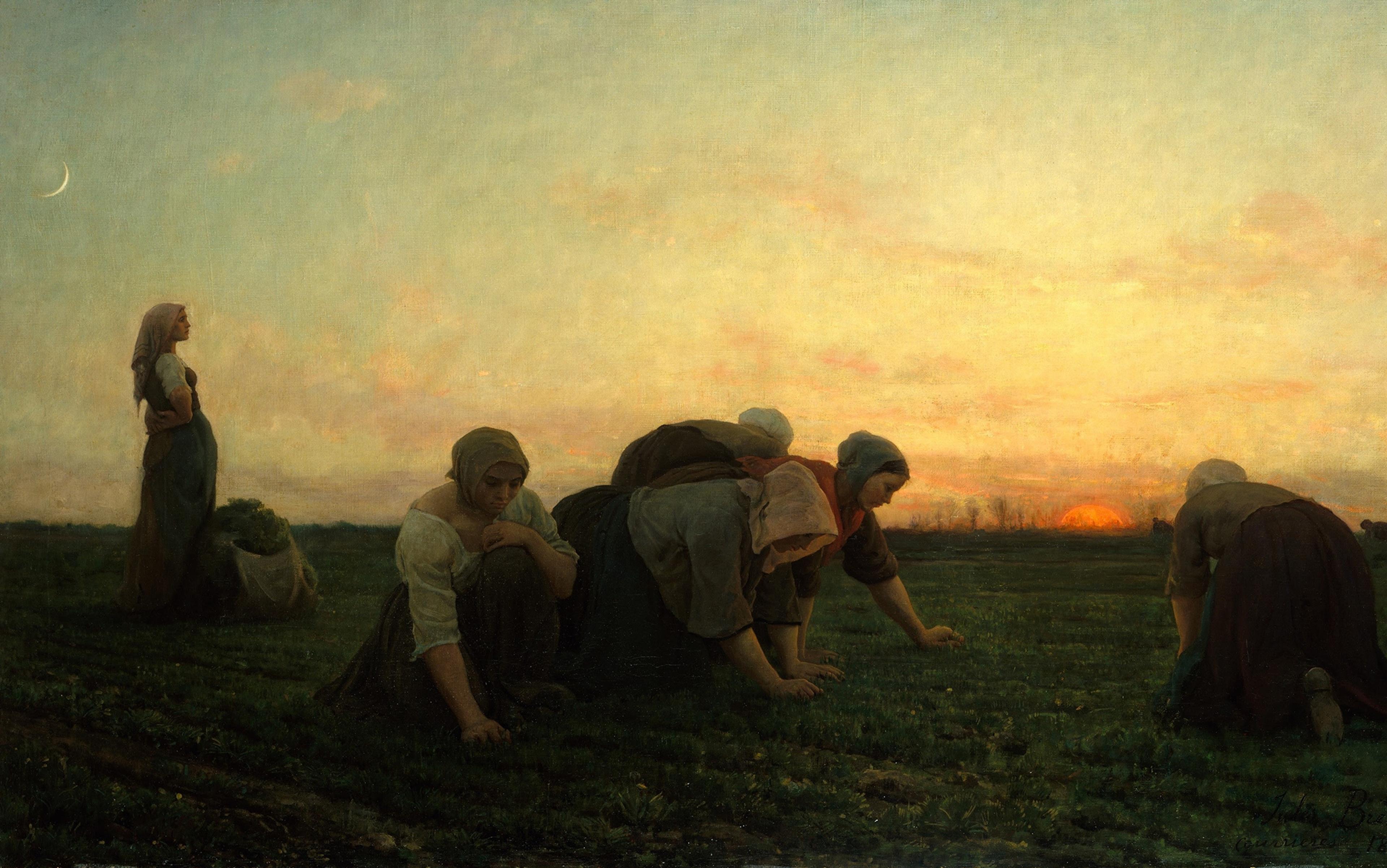In August 2023, Manchester United had to make a decision. Should their talented winger, Mason Greenwood, play for the club again? More importantly for our purposes, fans faced a choice, too: would they accept him back? He had been out of the team since his arrest in January 2022, on suspicion of rape, assault and coercive control; he was later charged, but the charges were eventually dropped.
Alas, it is not unusual to see top footballers accused of sexual offences, even if those charges are dropped and the player remains (officially) anonymous. Often, with little publicly available evidence, fans can’t assume that the player in fact did anything wrong; even though we know that sexual assaults are rarely successfully prosecuted, absent further information we cannot conclusively judge people just on statistics. Other times, like in the case of the Spanish forward Santi Mina, there is a legal conviction.
What makes Greenwood’s case striking is that fans are left with an ethical judgment to make. There was no conviction, but – although charges were dropped – football fans had the leaked audio and images that provided seemingly compelling evidence that he had abused his partner. Manchester United and Greenwood both claimed there was an exonerating explanation, but without hearing such an explanation, fans are left with some disturbing evidence on one hand, and some weak assertions on the other.
In American football, fans of the Cleveland Browns face the prospect of cheering for the accused serial-harasser Deshaun Watson. Fans of the Kansas City Chiefs must contend with being pressured into the popular ‘Tomahawk Chop’ – a piece of racist cosplay that is a central part of their show of support. The New Zealand rugby league player Dylan Brown, who plays for the Australian team Parramatta Eels in the National Rugby League, was convicted of sexual touching and was banned for several games, on top of the community correction order handed down by the courts. Brown, who showed contrition and was punished, has since returned to play for the Eels.
There are many other such examples. Players – or coaches, or team owners – do bad things, or terrible things, across sports. The question is, should any of this matter for fans, and what can they do about it?
To answer this question, we should first consider the nature of sports fandom. If we were to ask people what kind of issues they think philosophers spend their time thinking about, sports fandom is unlikely to be top of the list. But sports fandom raises a number of interesting and important philosophical issues such as the connection between sports fandom and identity, and whether it is better to be a committed fan of a particular team or to appreciate the sport from a more neutral perspective. We are especially interested in the issue of the nature and value of sports fandom. While sports fandom might seem like a trivial waste of time to people who don’t watch sport, we think that being a sports fan can be a valuable way of finding meaning in one’s life and building community with others.
As we understand it, sports fandom is a form of love. Fans of sports teams care passionately about their teams in similar ways to how lovers care about each other. They want their team to succeed, in much the same way that lovers want each other’s lives to go well. Just as a lover may spend much of their time thinking about their loved one, so do sports fans spend large parts of their lives thinking about their teams – which players they should select, which formation they should deploy, and so on. Just as a lover may be particularly well attuned to their loved one’s qualities, so too are sports fans especially well placed to recognise what it is that makes their team so special. Both lovers and sports fans are also likely to view the object of their love through rose-tinted glasses, leading them to an overly positive view of these qualities.
Of course, loving a sports team is not exactly like loving another human being. In some ways, loving a sports team is more like loving a country or loving a city, as loving a sports team involves loving a community of which one is a member. Indeed, community is a crucial aspect of sports fandom and a large part of fandom’s appeal. The historian Benedict Anderson coined a memorable phrase when he argued that nations are ‘imagined communities’. By this he meant that nations are communities built around a loosely shared understanding of what it means to belong. This shared understanding is developed imaginatively. It is, for example, through shared stories of the past – such as the glorious military triumphs and groundbreaking inventors – that a sense forms of what a nation represents and what it means to belong to it. These stories make it possible for a farmer in Idaho and a lawyer in New York City to feel like they belong to the same community, despite being strangers who lead very different lives.
Sports fan groups are also imagined communities, built around stories of the heroic triumphs and tragic defeats of the past. Fans of Manchester United, for example, can identify each other as being part of the same community, of having the same set of interests in common, the same shared heroes (eg, Paul Scholes, Eric Cantona, Sir Alex Ferguson) and the same rivals (eg, Liverpool FC, Manchester City, Kenny Dalglish).
When fans sing racist songs, they are sending a message that these values are those of the community
Sports fandom also influences people’s values, their sense of who they are, and what they find important. It places people in ethical communities, which involve a sense of being part of a collective with distinctive values and norms, that pursues common goals, conferring a stable sense of group identity and trust. Sports fandom has such a central impact on how people think of themselves and the world that, in their book Quest for Excitement (1986), the sociologists Norbert Elias and Eric Dunning describe fandom as one of the main ways in which people form a sense of collective identity in modern societies.
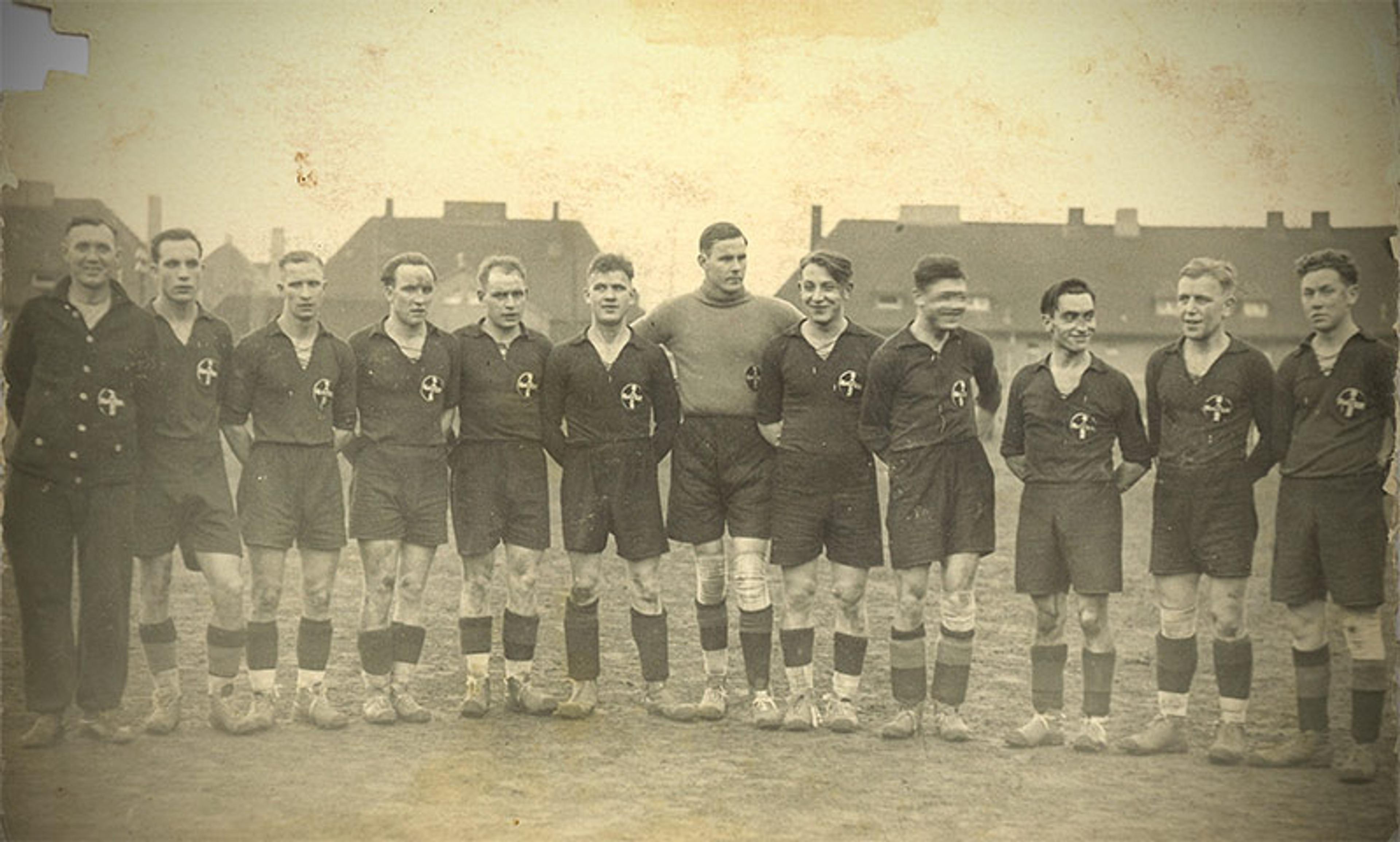
The Bayer Leverkusen team in 1936. Courtesy Bayer 04 Leverkusen/X
These ethical identities can be linked to that of the club – which in turn is shaped by, and shapes, the fans. Sporting success is not the only common goal fans pursue, sports clubs are not just names attached to a kit, a stadium, or a team; instead, many of them have a more robust identity, based on a specific history or a commitment to deeper principles. For instance, Bayer Leverkusen were founded by the workers at the pharmaceutical company Bayer AG; the Argentine football club Boca Juniors are the working-class club of Buenos Aires, while their rivals River Plate represent the middle-class residents of the city; the London club Tottenham Hotspur have historically had a large contingent of Jewish fans – the same is true of AS Roma, whereas their local rivals have a history of antisemitism and a proud contingent of Right-wing fans; FC Barcelona have become tied to Catalan nationalism; FC St Pauli are avowedly Left-wing. Sometimes, these identities are inherent in the club itself, other times they may be tied more closely to the fans – or to particular groups of fans, like ultras.
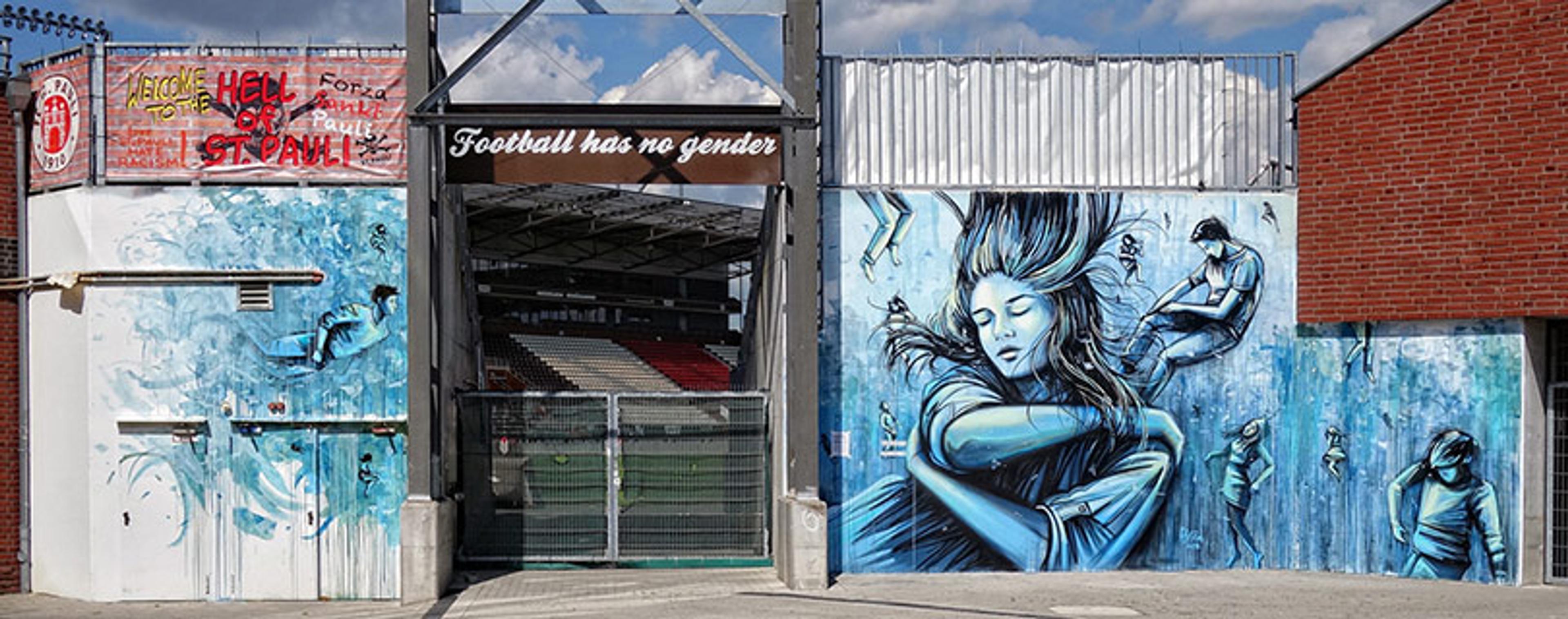
A gate at the FC St Pauli ground in Hamburg, Germany. Photo by txmx2/Flickr
So being a fan of a particular club can tell us about somebody’s ethical commitments or values. The St Pauli fan is likely Left-wing; the Barcelona fan might be a Catalan nationalist – they might even become a Barcelona fan because the club is such a symbol of this nationalism. (We need to leave room, though, for fans who are fans of a club despite its sociopolitical characteristics!) This helps us understand the problems that arise for fans when those involved with the club they love do wrong. When fellow fans sing racist songs, they are sending a message that these values are those of the community. This message implicates those who identify with the community, even if they do not share these values. The implication runs deeper when these songs go unchallenged, since putting up with them sends a further message that even fans who don’t share these values are happy to tolerate sharing a stadium with people loudly expressing them.
What if it is the players, not the fans, who have done wrong? Here we see the ways in which loving a sports team is not exactly like loving a country or a city. As the author and football fan Nick Hornby describes this relationship in his novel Fever Pitch (1997), the players are the representatives of the fans. They stand in for the fans on the pitch and embody the community for the duration of the match. In continuing to support a team with players who are accused of violent acts of assault, fans seem to send the message that they share the values of the players representing them.
But what should fans do about this? As we have argued in our book Why It’s OK to Be a Sports Fan (2023), fans need to be critical fans. This requires recognising that there are moral risks to fandom, refusing to give in to the idea that sport is somehow insulated from politics. We think very few of our hobbies should be insulated from ethical considerations. We can have a little light immorality in our lives; we are allowed to escape from ethical considerations sometimes. But that does not mean we can ignore major moral problems – and we think sports fans face important moral problems.
Aside from recognising that there are moral issues, what should critical fans do? Well, they shouldn’t just give up on their fandom on a whim. If you have a mere hobby, something you do just to pass the time, then you should abandon that hobby if it is badly morally compromised, and you could easily replace it with another equally valuable hobby. Suppose someone enjoys collecting ivory pieces simply because they like collecting objects. When they find out that ivory does major harm to animal conservation, they should start collecting something else instead. But sports fandom is so often not like that – it is a form of love that shapes people’s very identities.
One lone voice against a sea of Tomahawk Chops isn’t likely to achieve very much
How one responds to a loved one – a lover, a friend, a family member – is a good starting point in thinking about how fans should respond to immorality. You might drop a new acquaintance if you learn they did something awful, but you shouldn’t so easily drop a dear friend; likewise, if fandom really matters to you, you shouldn’t just abandon it so easily. But if you find out a dear friend has done something reprehensible, you should probably do something. You might protest against them – not with placards, just by telling them that their behaviour is not appropriate, or by not inviting them on a night out. If none of this works, or if your friend slides into utterly reprehensible behaviour, you might withdraw from the friendship.
So, too, with fandom. But while a stern word to a friend might be effective, one lone voice against a sea of Tomahawk Chops, or one fan walking away, isn’t likely to achieve very much. It might help you maintain your moral integrity, but it won’t stop the team you love, or the fans you identify with, descending into immorality.
There are cases where fans have banded together and successfully made a stand against wrongdoing. When news broke that Manchester United were planning to reintegrate Greenwood into their team, domestic violence charities criticised the decision, staff members apparently considered resigning, and the reaction from many fans was also intense. The British TV presenter Rachel Riley – a life-long fan of Man United – said she would stop supporting the team if Greenwood played for them. A group of female fans put out a statement excoriating the decision to bring back Greenwood, pointing out the moral failings such a decision would exhibit. Eventually, the club decided – albeit with a statement that was disturbingly supportive of Greenwood – not to allow him to return.
When the Scottish football club Raith Rovers signed David Goodwillie, who had previously been found by a civil court to have committed rape, many of those involved with the club protested the decision strongly. The crime writer Val McDermid, a major sponsor of the club, threatened to withdraw her financial support and many of the players for the Raith Rovers women’s team resigned, together with several club directors and volunteers. This unified protest eventually succeeded and the club agreed that they would not field Goodwillie.
In both these cases, fans were able to take collective action and protest these decisions together. They made use of the existing fellow-feeling that supporters have for each other to mobilise protests and to campaign for these decisions to be reversed. What can sharpen these protests is the simultaneity of fandom. Fans naturally come together at the same time, in the same place. Notably, they gather in the stadium, but they also watch the game from home at the same time, or they might all go to the same bar or to a friend’s house. Although it might not be noticeable if one fan boos, it is obvious when thousands of them do so – or when hundreds of thousands switch off their TVs.
Crucially, it seemed that some fans were willing to abandon their team if they did not make the right choice.
Critical fans who take these issues seriously are likely to face two kinds of critics themselves. On the one hand are those critics who do not care about sport, who will question why fans would ever consider maintaining their support for a team that is implicated in immorality. For these critics, sports fandom amounts to the trivial activity of passively watching other people play sports. There is no dilemma here, then, as the fans would lose nothing if they simply decided to support a different team. On the other hand are the diehard fellow supporters who cannot contemplate ever abandoning support for their team. These fans view those who can imagine walking away – or those who are deeply critical of their team – as traitors whose commitment is half-hearted at best.
Those who dismiss fandom as trivial fail to recognise the importance of these ethical communities, the way they shape the identities of those involved, and the bonds of loyalty that are forged among their members. The diehard fans who could never consider withdrawing their support make a related error. These fans fail to recognise the importance of the values embodied by these communities. When a community strays too far from these values, staying true to the ethical values of the community – being a good fan – requires standing up for these values. If Barcelona abandoned their nationalism, or if St Pauli switched to fascist principles, it would be starkly clear to fans that the club they loved was no longer what it once was. Manchester United and Raith Rovers fans might not have had any such explicit political commitments, but the fans who protested saw their club as one that stands up for certain moral standards. They had to be open to the possibility that theirs was no longer the club they loved – and, had their protests not worked, they may have had to abandon their team.
Sometimes the only way to be a true fan is to walk away.
